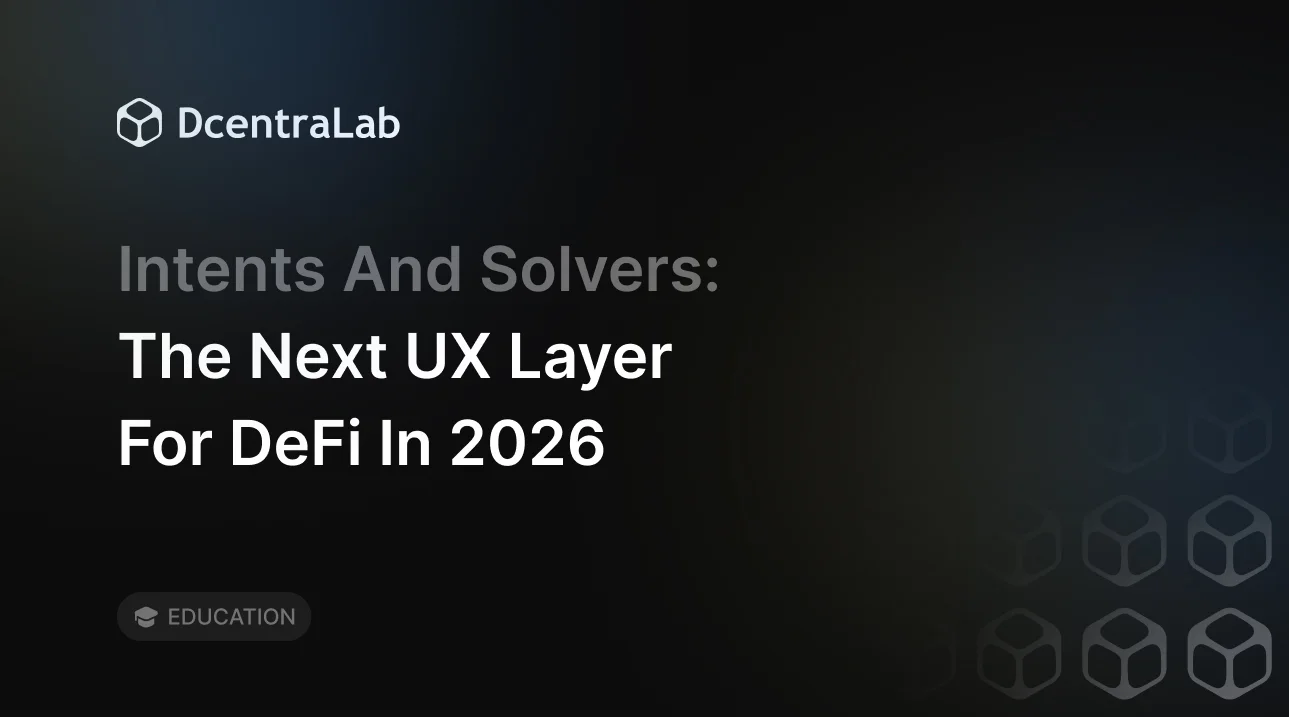DAOs and Decentralized Governance: How DAOs Change Decision-Making

tl;dr
- DAOs are blockchain-based organizations enabling decentralized, collective decision-making via smart contracts.
- The concept of DAOs emerged from efforts to create governance structures powered by code.
- BitShares (2013) introduced decentralized autonomous corporations (DACs), precursors to modern DAOs.
- DAOs use smart contracts, token-based governance, and community participation for transparent, automated operations.
A Brief Introduction and an Early History of DAOs
A DAO, or Decentralized Autonomous Organization, is an organization managed through blockchain-based smart contracts, enabling collective decision-making without centralized control. The concept emerged from efforts to create decentralized governance structures powered by code.
The Origins of DAOs
In 2013, BitShares pioneered this idea with its decentralized autonomous corporation (DAC), a precursor to modern DAOs. In 2015, Dash introduced decentralized governance through its master node voting system, offering another early example of a DAO-like mechanism.
The DAO, launched in April 2016, was a landmark project that popularized the concept. Built on Ethereum, it aimed to function as a decentralized venture capital fund, allowing token holders to vote on investment proposals. It raised $150 million worth of Ether in one of the largest crowdfunding efforts of its time. However, a vulnerability in its code led to a hack in June 2016, resulting in the loss of about $60 million worth of Ether.
Despite setbacks, DAOs have since evolved into powerful tools for managing resources and decision-making in Web3 ecosystems.
Understanding DAOs: A Deep Dive
Blockchain-based smart contracts enable DAOs to enforce rules and automate processes. They allow for transparent decision-making and decentralized management, making them a cornerstone of Web3 innovation.
DAOs operate using a combination of smart contracts, token-based governance, and community participation. Smart contracts codify organizational rules and handle functions like voting or fund distribution, ensuring operations are transparent and tamper-proof. Token-based governance empowers members to propose and vote on initiatives proportional to their holdings, creating an incentive-aligned structure. Community participation is central, as members collectively steer the DAO's direction, eliminating traditional hierarchical bottlenecks.
Key differences set DAOs apart from traditional organizations. In traditional setups, decision-making authority is centralized, typically resting with executives or a board. In DAOs, governance is decentralized and democratic, with all members having a say in decisions. Transparency is another key distinction; DAO activities are recorded on the blockchain, offering unmatched visibility into operations. Finally, DAOs are borderless and accessible, enabling global participation without geographic restrictions.
The Role of DAOs in Decentralized Governance
DAOs play an important role in how many different web3 projects operate and develop. Here are a few important examples:
Empowering Communities
DAOs revolutionize governance by shifting power from centralized authorities to the community. Token-based voting mechanisms allow members to influence decisions directly, fostering inclusivity and ensuring alignment with the collective’s interests. Decisions are executed through transparent and auditable processes on the blockchain, enabling trust and accountability.
Fostering Innovation
DAOs promote innovation through agile decision-making and an openness to diverse ideas. The decentralized structure reduces bureaucracy, enabling faster adaptation to changing circumstances. Members from different backgrounds contribute unique perspectives, driving creative solutions.
Improving Efficiency
Automation, a core feature of DAOs, enhances operational efficiency by streamlining repetitive tasks and ensuring consistent execution of governance decisions. Smart contracts minimize manual intervention, reducing costs and errors. By eliminating intermediaries and central offices, DAOs operate leanly, with lower overheads compared to traditional organizations
Challenges and Limitations of DAOs
DAOs face several challenges and limitations despite their promise of democratized governance. Security risks are a major concern, as smart contract vulnerabilities can expose DAOs to hacks and exploits.
Notable examples, such as the infamous hack of The DAO in 2016. Another notable exploit was the Mango Markets exploit by an individual called Avi Eisenberg. In 2022, trader Avi Eisenberg exploited a vulnerability in the Mango Markets DeFi protocol, manipulating the price of the MNGO token and draining about $114 million from the platform. Eisenberg submitted a governance proposal to the Mango DAO allowing Eisenberg to keep $47 million of the exploited funds as a "bug bounty," in exchange for returning the rest. Both cases highlight the importance of rigorous auditing and robust security measures to protect funds and maintain trust.
Scalability issues also pose a significant challenge. As DAOs grow in size, coordinating large-scale decision-making becomes increasingly complex. Ensuring efficient and inclusive participation without overloading governance mechanisms is critical to maintaining functionality and fairness. Slow voting processes and difficulties in reaching consensus can hinder agility, potentially stalling progress on important initiatives.
The Future of DAOs and Decentralized Governance
The future of DAOs and decentralized governance is poised for rapid evolution as more protocols adopt DAO models to empower communities. Innovations in voting methods, including quadratic voting and reputation-based systems, aim to enhance fairness and inclusivity. As blockchain technology matures, DAOs will likely play a pivotal role in reshaping organizational structures, enabling transparent decision-making and global collaboration.


%20Payments.webp)
